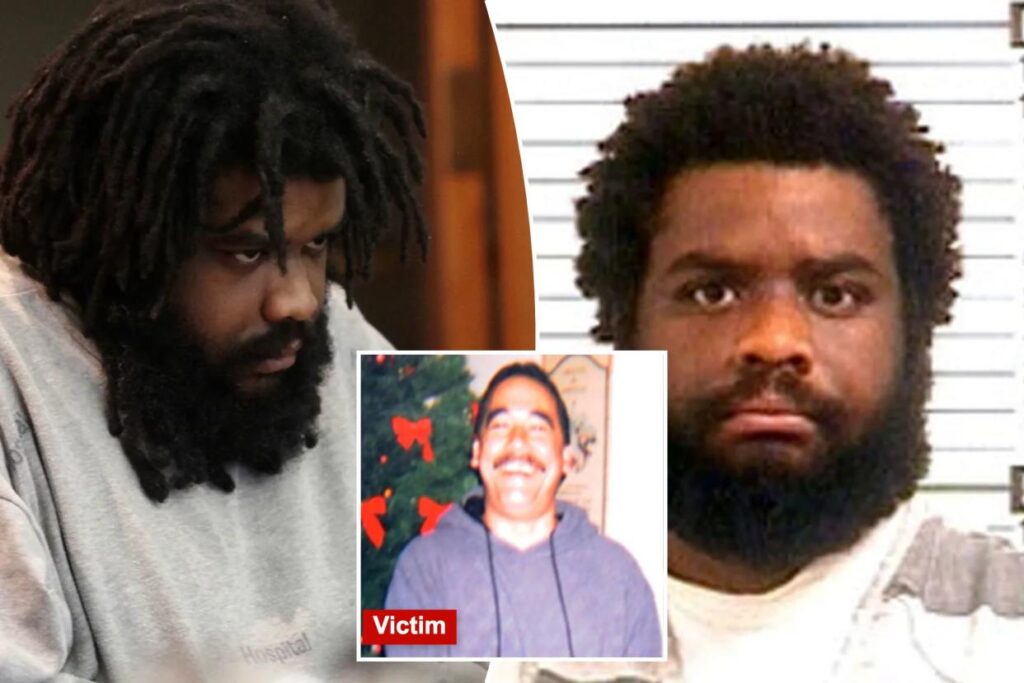A Connecticut man who was found not guilty by reason of insanity after killing a man with a hatchet and consuming parts of his body has been granted conditional release from a state psychiatric hospital, despite strong opposition from lawmakers and the victim’s family.

Tyree Smith was committed to Whiting Forensic Hospital in 2013 for 60 years following the brutal killing of Angel Gonzalez. Authorities discovered Gonzalez’s mutilated body in a vacant Bridgeport apartment in January 2012, a month after he was murdered. Smith’s cousin testified that he had confessed to eating parts of Gonzalez’s brain and an eyeball while drinking sake.
On Friday, the Connecticut Psychiatric Security Review Board approved Smith’s conditional release after a psychiatrist testified that his schizophrenia, as well as alcohol and drug disorders, were in full remission due to medication and ongoing treatment.
Under the terms of his release, Smith will remain under strict supervision in a community setting and must continue treatment. Hospital officials revealed that Smith has already spent the past nine months in a community facility with 24/7 supervision. The board’s decision formally discharges him from Whiting Forensic Hospital.
During a hearing ahead of the ruling, Gonzalez’s sister-in-law, Talitha Frazier, voiced concerns that Smith may be concealing his mental illness.
“How do we really know he’s not going to do this again?” Frazier asked.
The decision has drawn backlash from state lawmakers, who called Smith’s release a dangerous mistake.
“This terrible decision puts public safety in jeopardy and is yet another terrible message to send to Connecticut violent crime victims and their families,” Republican State Senators Heather Somers, Paul Cicarella, Henri Martin, and Stephen Harding said in a joint statement. “This person should never be out.”
Smith attended Friday’s hearing virtually alongside his attorney but was not visible on video screens. His lawyer cited security concerns due to media coverage.


